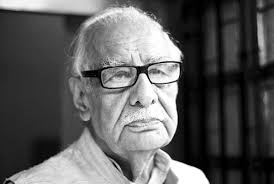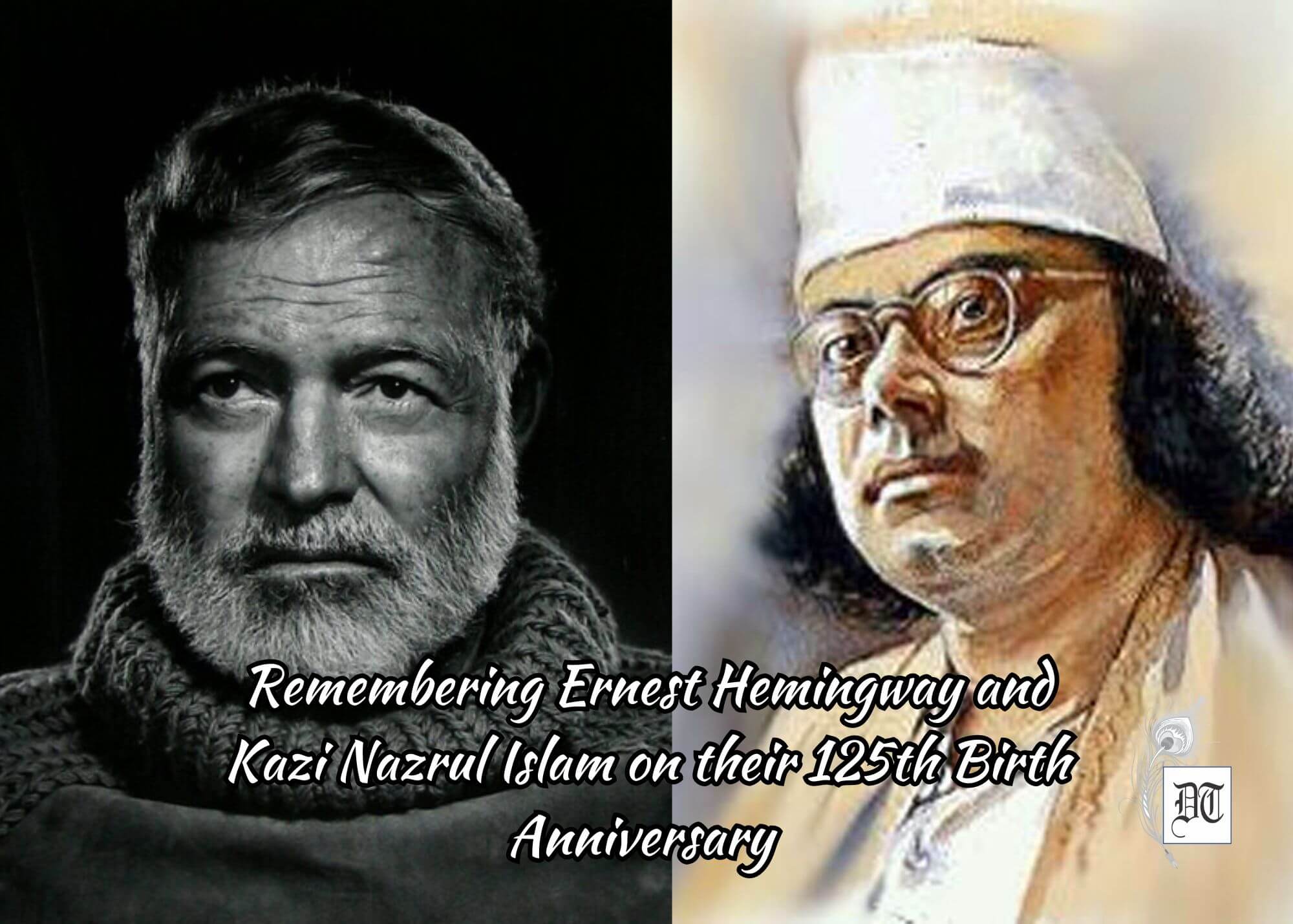Kuldip Nayar’s anti-Emergency journalism in the service of a free, fair and intrepid press has landed him a top spot in the journalistic hall of fame, it has been duly acknowledged that his commitment was to the “scoop” and his “conscience” — and not fame or money, as historian Ramachandra Guha aptly observes. A tribute for Different Truths.
Veteran journalist and a one-time editor of The Indian Express and The Statesman, former High Commissioner to the United Kingdom and prolific author — Kuldip Nayar — breathed his last in the wee hours of Thursday, August 23, in a New Delhi hospital. He was 95.
Nayar has been long hailed as one of the first “reporter-editors” of an important national daily, and he is remembered for his admirable and courageous stand against the Indira Gandhi-era Emergency, during which he failed jail time for his public and vocal criticism of the government. While Nayar’s anti-Emergency journalism in the service of a free, fair and intrepid press has landed him a top spot in the journalistic hall of fame, it has been duly acknowledged that his commitment was to the “scoop” and his “conscience” — and not fame or money, as historian Ramachandra Guha aptly observes.
In fact, it was both ironic and telling that this staunch critic of Emergency would be the journalist to break the news that former PM Indira Gandhi was contemplating the lifting of Emergency and call for fresh elections to the Lok Sabha in January 1977. Two days after Nayar broke the story and the Indian Express published it in its front page, India Gandhi lifted the Emergency and dissolved the then current Lok Sabha. Easily, it was one of two the biggest scoops from Nayar’s uber-prolific pen — the other being his 1987 interview with Pakistani nuclear scientist AQ Khan that let the whole world know that our western neighbor was developing a nuclear bomb!
Nayar was born in Sialkot, in present-day Pakistan, in 1923, and his goodhearted “Punjabiness” was often the lens through which he looked at the biggest issues of the day — from India-Pakistan enmity to the wars and the rise of ultra-nationalism in the garb of Hindutva. Nayar often recalled what BJP leader LK Advani, then an anti-Emergency stalwart, said of the press: “When asked to bend, you crawled.” On June 25, 2015, on the 40th anniversary of the imposition of Emergency, Nayar wrote a scathing editorial in the Indian Express, exhorting the contemporary media saying that it’s “crawling, unasked”.
Nayar was always a great votary of India-Pakistan peace process, and didn’t mind being bracketed as an incorrigible peacenik — a “mombattiwala”, who would prefer dialogue and diplomacy over hardline measures any day. Nayar also famously quipped that Punjabis on both sides of the border need to sort themselves out in order to solve the India-Pakistan mess, and overcome the pity of Partition.
Nayar’s syndicated column titled Between the Lines was a much-read and long-running stint, in which he recalled with unmatched clarity and wit the exchanges he had had with those holding the reins of politics, nationally and internationally. Between the Lines was later compiled into a book, and it’s full of close encounters that Nayar had as a young journalist and as a press officer to the Union home minister Govind Ballabh Pant in the decade preceding Emergency, as well as a press adviser to former Prime Minister Lal Bahadur Shastri.
His books include a much acclaimed meditation on the philosophies of the young revolution Bhagat Singh, a fellow Punjabi, called Without Fear. His recounting of the Emergency years in the book Emergency Retold remains lucid and full of invaluable insights till date, gaining newfound resonance at a time which many designate as an “undeclared Emergency”.
His autobiography Beyond the Lines was one that was appreciated in both India and Pakistan for its refreshing candour and fast-paced narrative, reading almost like a nail-biting thriller. Similarly, Scoop: Inside Stories from the Partition to the Present is a compendium of major newsbreaks as well as interviews with colonial architects of India’s Partition, including Lord Mountbatten and Sir Cyril Radcliffe; it’s a book that is both a page-turner and full of significant nuggets of history.
Nayar served as the Indian high commissioner to the United Kingdom during the V P Singh government in the early 1990s, and was elected as a Rajya Sabha MP when Inder Kumar Gujral was the Prime Minister. Nayar had a ringside view of the most turbulent chapters of India’s political history, and he recorded them for posterity without fear or favour, despite his professional proximity with many power wielders.
For someone who began his journalistic career in an Urdu daily, and went on to become of the top editors of his time, Kuldip Nayar’s anti-Emergency battle had an ironic, less commented upon side too. He was very close to Indira Gandhi, whom he vehemently opposed during the Emergency and even courted jail in June 1975.
“Indira and I knew each other very well. One day she cut her hair short and asked me how she looked. I told her she was beautiful earlier, but looked even more beautiful now,” Nayar recalled in an interview to The Quint, published about a year back, on June 23, 2017.
A doyen of Indian press has closed his eyes forever. He’ll be remembered as the “gentle colossus” and the ubiquitous mentor to most in the journalistic fraternity today. Rest in peace, Nayar sahib.
Angshukanta Chakraborty
The writer is the Founder-Editor of the news portal “The Leaflet”.
©IPA Service
Photo from the Internet





 By
By
 By
By
 By
By
 By
By